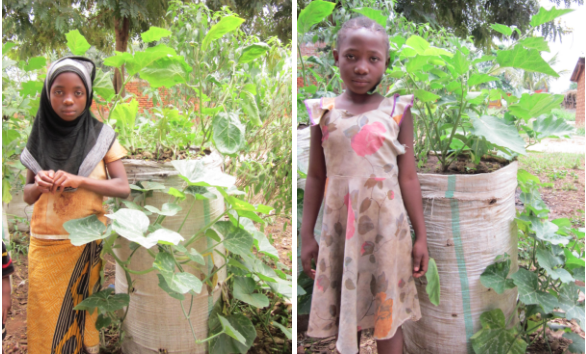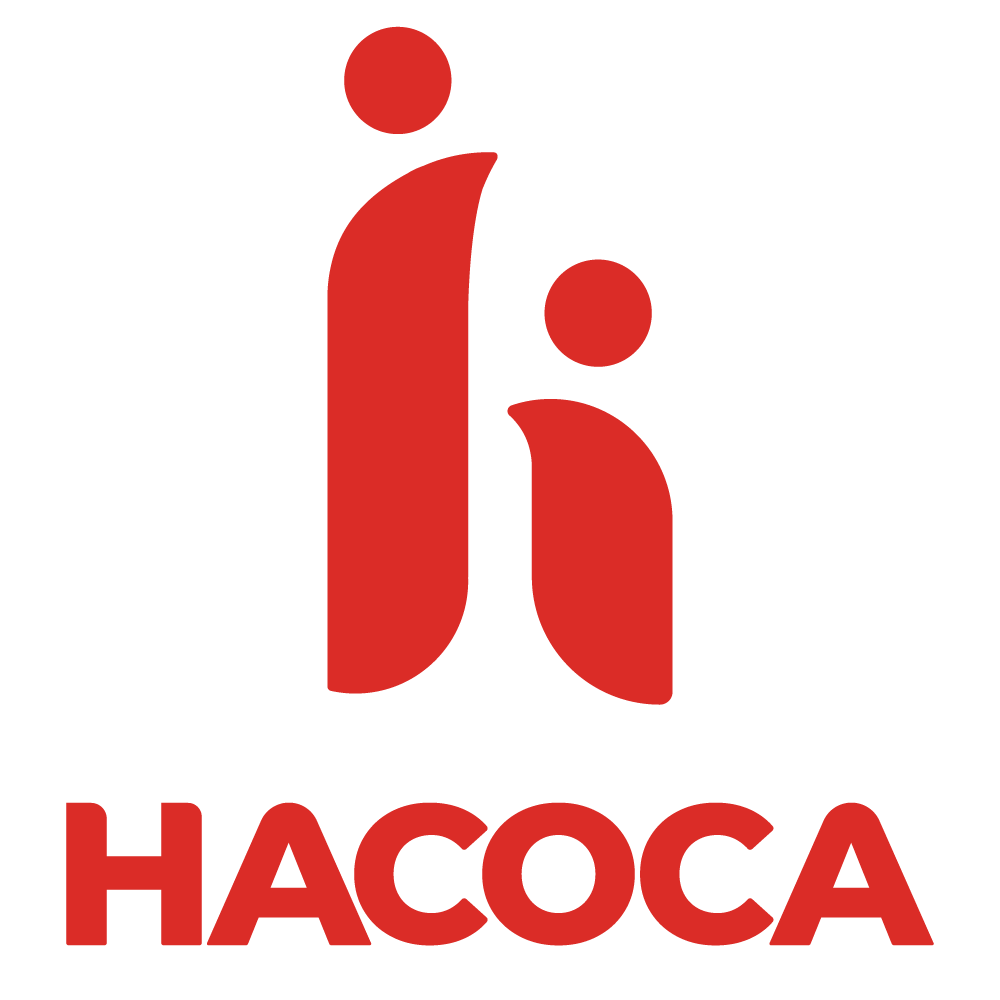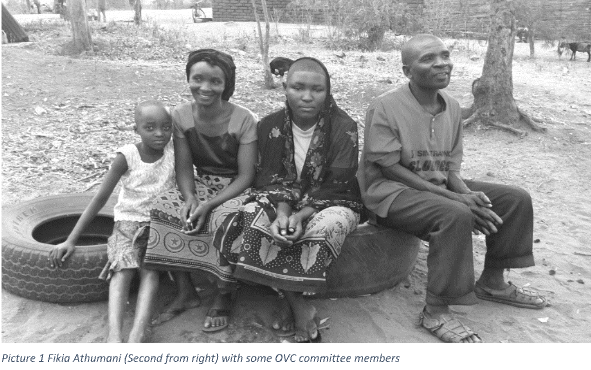Nine years ago, in Kipera Village, a young orphan named Fika Athumani faced an uncertain…

Mrs. Aziza Mataula, a 58-year-old grandmother living in Kauzeni ward, faced significant challenges in providing for her vulnerable family. With her husband, aged 73, unable to contribute to the household, the burden of caring for the family, including her two grandchildren, Zaituni and Zulia, fell entirely on her shoulders. These grandchildren were identified as the most vulnerable children (MVC), and their family’s situation placed them in need of urgent support. Limited resources and the inability to produce enough food left the family struggling to meet basic needs, often surviving on just one meal a day.
Recognizing this need, HACOCA enrolled Mrs. Mataula in the Tanzania Agriculture Productivity Program (TAPP), focusing on improving the livelihoods of vulnerable families through sustainable agriculture. Through this initiative, Mrs. Mataula received close supervision from HACOCA’s staff and volunteers, along with essential agricultural equipment, vegetable seeds, fertilizers, and intensive training in vegetable production. HACOCA’s commitment to providing knowledge and resources empowered Mrs. Mataula to transform her family’s life.

As a result of the training and resources provided by HACOCA, Mrs. Mataula adopted various agricultural technologies and established four sack gardens at her home. In these gardens, she planted a diverse range of vegetables, including amaranths, figiri, eggplants, African eggplants, majani ya kunde, cowpea, pumpkin leaves, and Chinese cabbage. The gardens became a reliable source of fresh, nutritious food, drastically improving the family’s situation.
With a steady supply of vegetables, Mrs. Mataula’s worries about food availability began to fade. “Now, I only focus on getting flour, as I have plenty of vegetables from my kitchen garden,” she said, expressing her relief.
Mrs. Mataula’s story is a testament to the impact of HACOCA’s agricultural interventions.
“Thanks to HACOCA and the TAPP Project for teaching me about vegetable production and these useful technologies. The training opened my eyes, and now my family’s life has improved significantly. We used to struggle to get even one meal a day, but now we have enough for three meals, and our health has improved,” she explained.
She plans to expand her kitchen gardens, adding more sack gardens to further enhance her family’s well-being.
“I will continue putting effort into my kitchen gardens, as they have made my family happy and healthy, as you can see,” she concluded.
Mrs. Mataula’s success demonstrates how targeted support and sustainable agricultural practices can empower vulnerable families, providing them with the tools to improve their nutrition, health, and overall quality of life. The continued efforts of HACOCA in reaching families like Mrs. Mataula’s highlight the importance of community-driven interventions in transforming lives.





